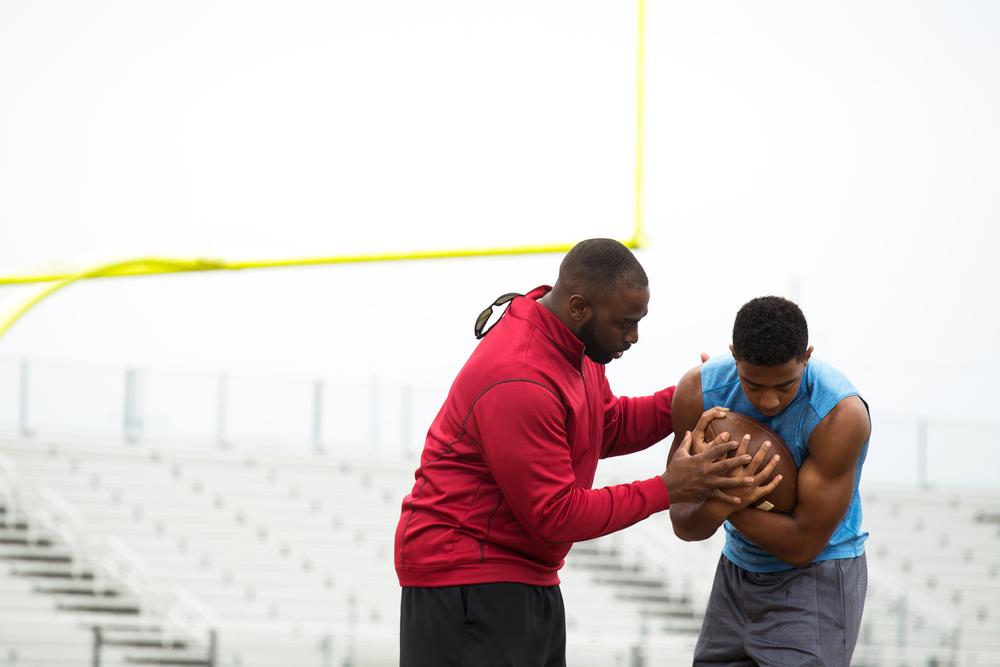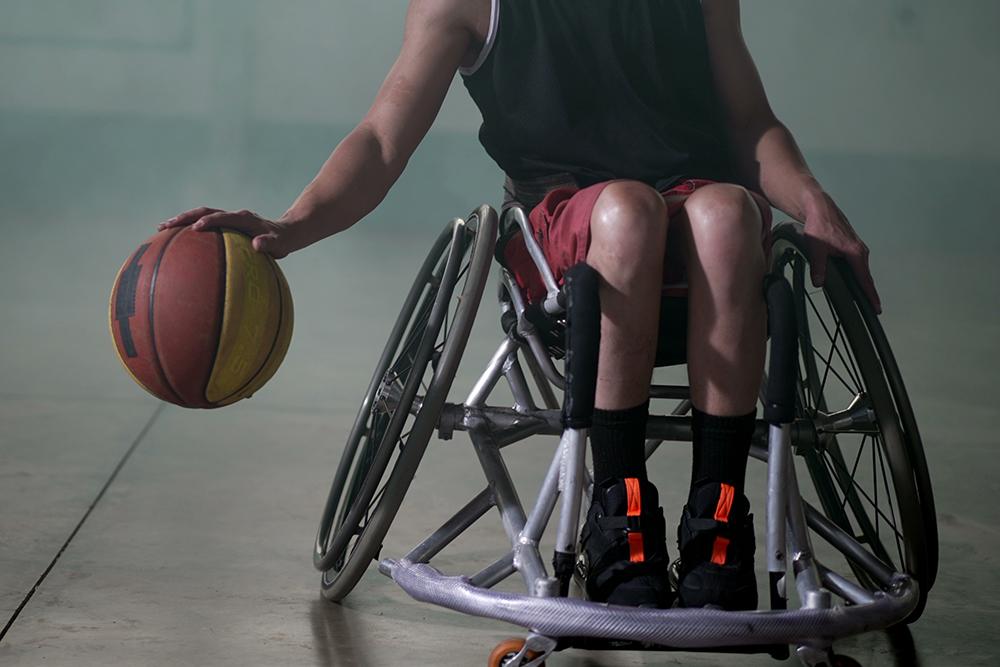Roberta Kraus, Ph.D. is a sport psychologist that has worked with everyone from corporate leaders to professional and Olympic athletes. The president of the Colorado-based Center for Sports Psychology, she recently gave a talk to the youth sport parents of the Colorado Summit Volleyball club on how to best support their athletes in their burgeoning athletic careers.
Q: How can I best prepare to support my youth athlete during their season?
 1) Find The Teachable Moments
1) Find The Teachable Moments
Few moments in a youth athlete’s life are more impactful than those in the back of the car after a game or competition.
But in this vital ‘teachable’ moment, resist going over the X’s and O’s of your child’s performance right away. Instead, ask this question:
“How can I/we best support you at practices and games?”
Of course, never ask such a question you aren’t prepared to carry out the answer to, and recognize that your child could answer any of the following ways:
• “Keep bringing those brownies you make to every game, all my teammates love them!”
• “We love the signs you make, keep making new ones!”
• “Dad, I wish you would just put tape over your mouth and shut up.”
• “I wish you guys would sit together”
• “I wish you wouldn’t show up.”
That last answer is one Roberta is very familiar with.
As a senior, Roberta’s son made the varsity golf team. She and her husband were excited about being able to spend the season having de facto dates strolling the courses, spending time outdoors, and supporting their son. But after asking the aforementioned question, the response they received was, “I don’t want you to come to any of my golf tournaments.”
This answer wasn’t out of hostility, but, according to her son, because “golf is such a pressure-filled game and it’s [tough with] everyone watching you out there hitting the ball.”
Instead of letting out the initial reaction that went through her head (“Really? You’ve got to be kidding me.”), Roberta decided to try and make a different arrangement.
2) Create A Compromise
This answer of course wasn’t easy to hear, but at this stage in a young athlete’s career it’s important to understand that helping them the most might mean switching hats and instead allowing the athlete to be your coach.
Roberta and her husband agreed to abide by their son’s request under one condition: after he came home from a match, he had to take 15 minutes to share how the course conditions were, what his favorite hole was, how his different clubs worked throughout the day, how he liked the guys he played with, and then only at the very end, to share his score.
The compromise was agreed upon, and they never attended any of his matches that season.
3) Become Thought-Cognizant
Many sport psychologists agree on what is called dominant thought theory: that the very last thought on an athlete’s mind before competing will directly impact how well (or poor) they will perform.
This makes it incredibly important to consider what kind of mindset we send our athletes onto the field, court, or rink with. Ask yourself, “What do we say in the stands that’s helping set my athlete up with the right framework? What am I saying after the game?”
“Every time you bring up a positive memory from your past, you make it more positive [in your head],” Roberta says. “The more negative memories we give an athlete of what they didn’t do well and the more they talk about that, the more they make it worse.”
Roberta believes this generation of youth athletes has a particularly strong need for affirmation. The challenge is that it can’t be ‘foo-foo’ affirmation, such as a participation trophy just for showing up. Instead, it must be about the encouragement must be about the effort they’re making in their sport.
“It has to be earned, about some effort, some skill build that they can see on film for them.”
Send your athletes off to a game with a good mindset and chances are they’ll return with one, too.



